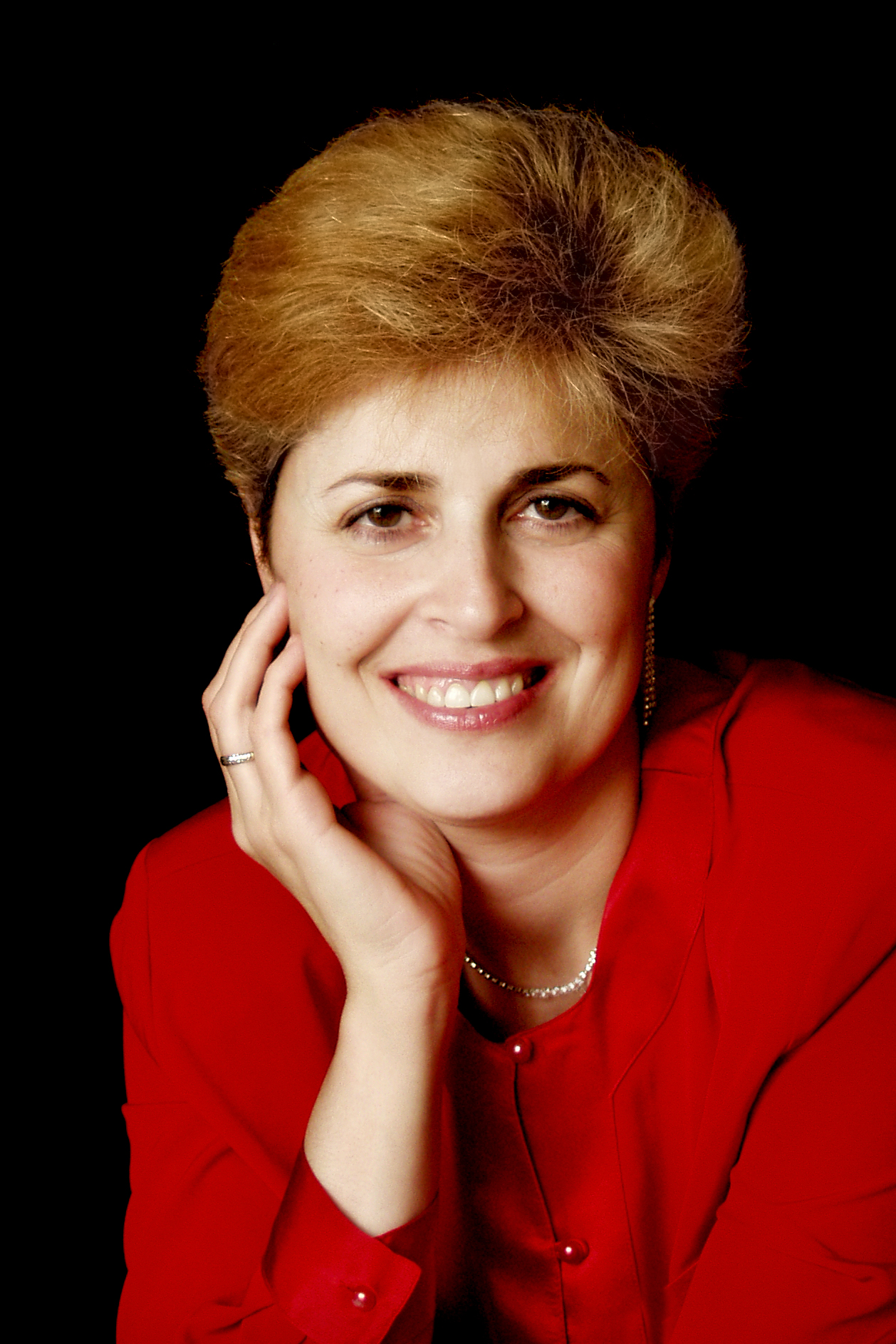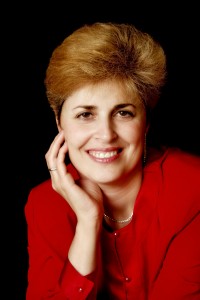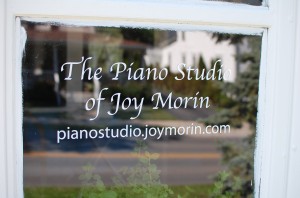 I thought today I’d share a photo of the sign I have on my house for my studio! My brother-in-law made it for me as a birthday gift (my husband gave him the idea). The lettering is just the right size for the window and can be seen well from the road, since our home sits pretty close to the road. It looks very professional, and we’ve already had a few of the neighbors notice it. 🙂
I thought today I’d share a photo of the sign I have on my house for my studio! My brother-in-law made it for me as a birthday gift (my husband gave him the idea). The lettering is just the right size for the window and can be seen well from the road, since our home sits pretty close to the road. It looks very professional, and we’ve already had a few of the neighbors notice it. 🙂
Before putting a business sign outside my home, I had to get a “Home Occupation Permit” from the city. I’m sure it varies from city to city, but my permit cost $25 (I think it’s per year – or maybe longer) and it allows me to put up one sign, no larger than 12 inches by 12 inches. I suppose that if you live in a rural area, there might not be any stipulations regarding running a business in your home or putting up a business sign — but it doesn’t hurt to check. Most cities probably do. Having this Home Occupation Permit gives me peace of mind! Should a neighbor ever complain about my business for some reason (unlikely to happen, but always possible), the city would not be able to easily shut me down since I am running my business legally. Continue reading “My Studio Sign and More”


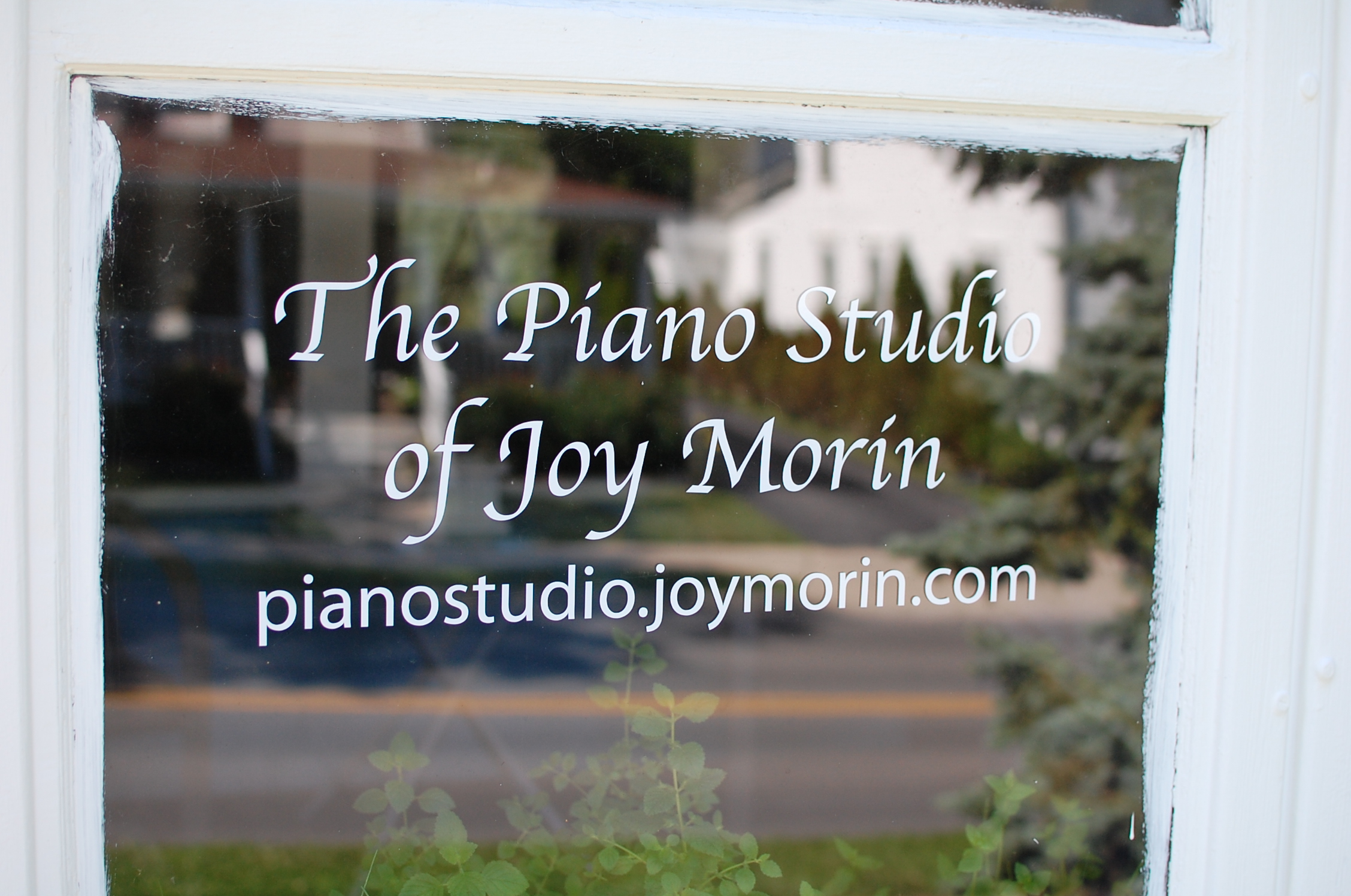
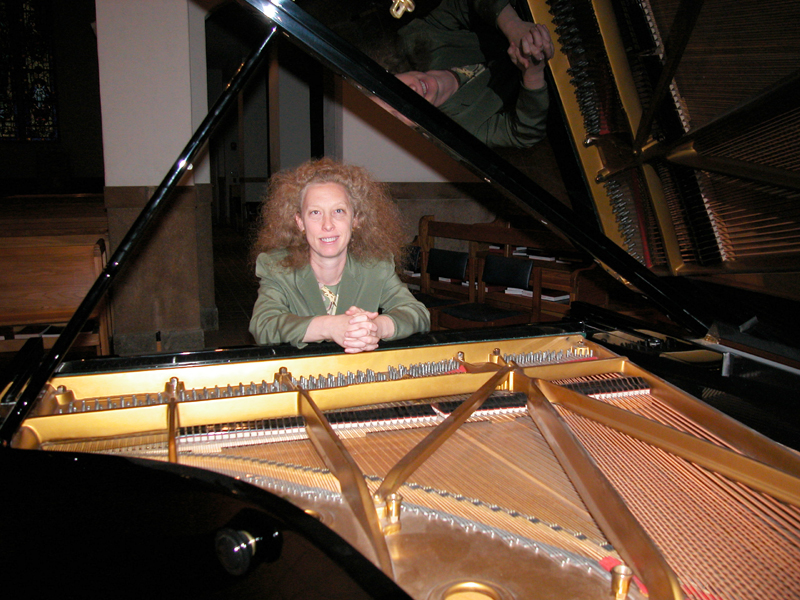
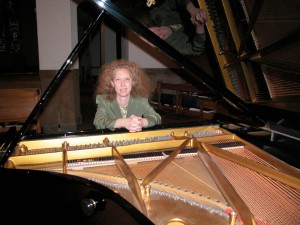
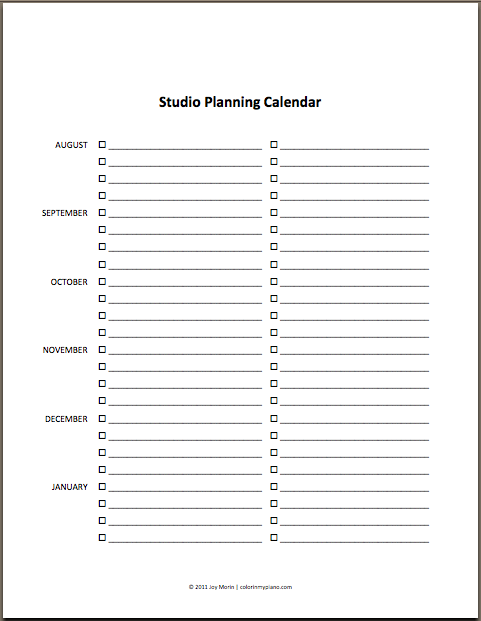
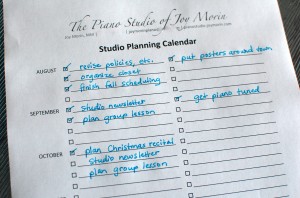 Just added to the
Just added to the 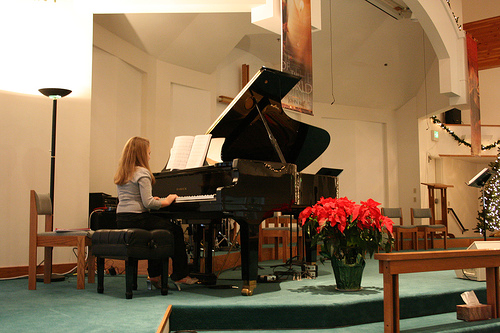
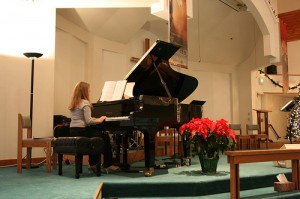


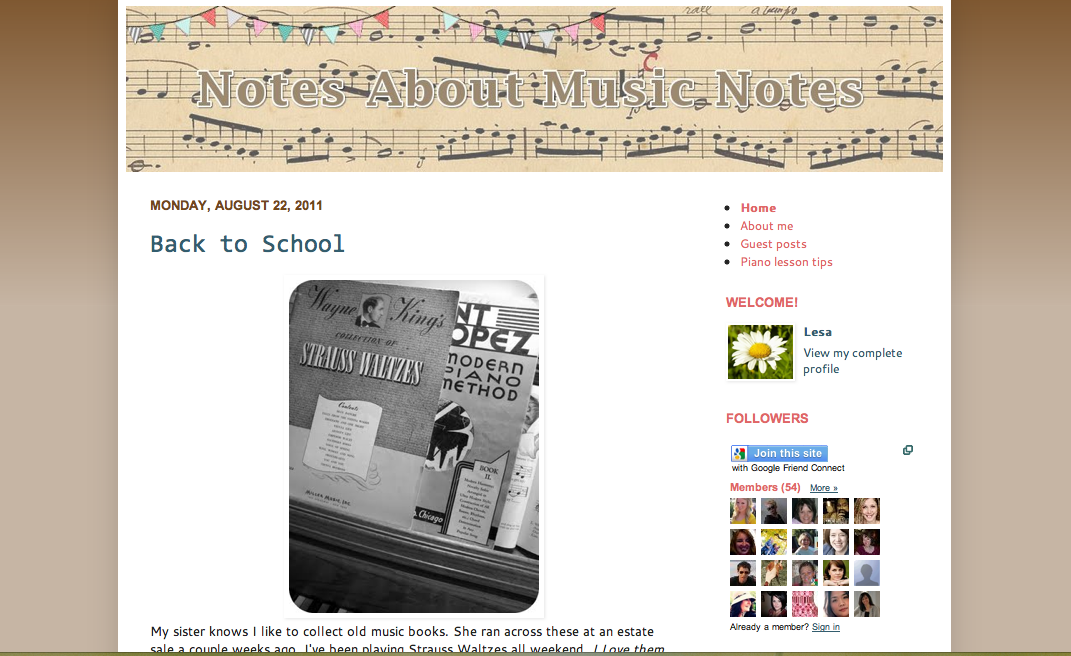
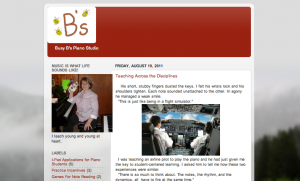

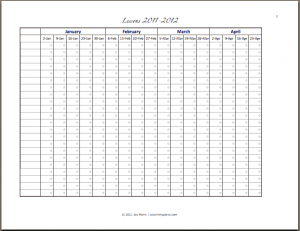 To prepare for the new teaching year, I’ve been updating a plethera of my studio documents! I finally have them all updated here online too on the
To prepare for the new teaching year, I’ve been updating a plethera of my studio documents! I finally have them all updated here online too on the 